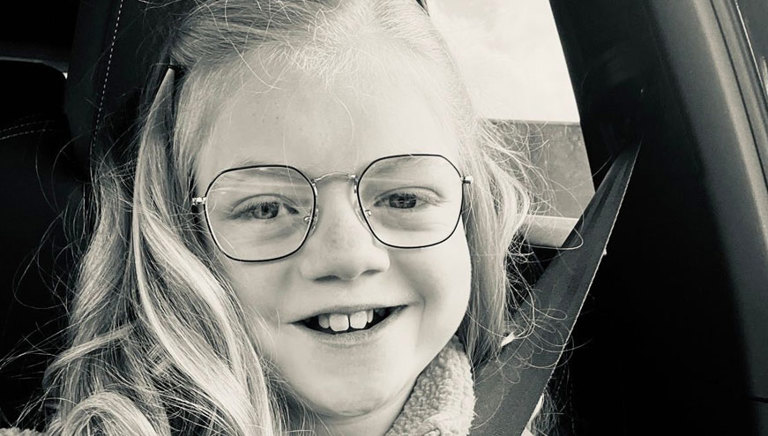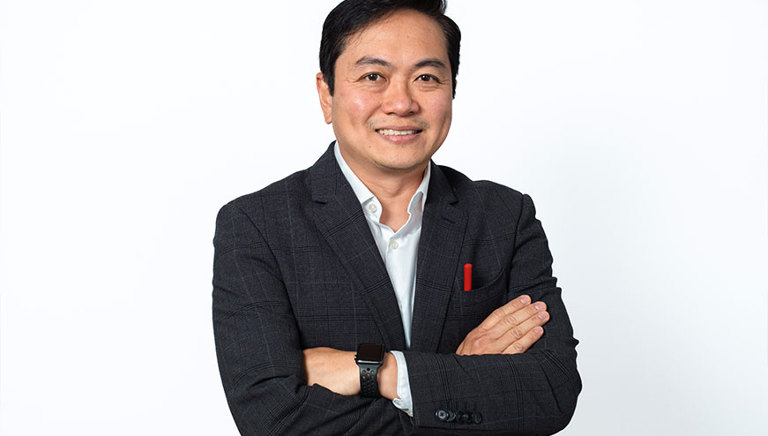Alan and Ataxia: Explaining the lived experience of a rare disease
Alan Thomas from Wales is a patient advocate for rare diseases and Ataxia in particular. Known as ‘the rare disease warrior’; he founded the charity Ataxia and Me, which now has a global following. He campaigns around the world to raise awareness of the lived experience of having a rare condition. This is his story.
'Ataxia' means ‘lack of order’. People with Ataxia have problems with movement, balance, and speech. It is a degenerative neurological condition for which there is currently no cure. In my case, it is a very slow degeneration.
From an early age, I always walked with a wobble and sounded a bit slurred; many people said “oh that’s just Alan.” I achieved good qualifications at school and went on to run my own electrical contracting business. But as the condition slowly progressed, lack of co-ordination and electrical circuitry do not mix.
I managed to carry on, until, one day while making sandwiches for work, I found buttering bread seemed to be taking more and more concentration.
I went to my GP, who told me to take time off work and rest. This went on for many years. On one visit my GP was not available, so I saw a locum who had recent knowledge of similar conditions and symptoms to Ataxia. He asked for more neurological tests and referred me to a general neurologist, where cerebellar Ataxia was diagnosed. I was told that nothing could be done, and that was that.
I see a general neurologist in a local hospital in Wales, but their knowledge of Ataxia is very limited and I find myself telling them about it. I also have to travel to Royal Hallamshire Hospital in Sheffield to attend a specialist Ataxia clinic. This requires a journey of more than 250 miles, almost 5 hours, by train.
Over time, as DNA research has improved, a gene called SPG7 has been identified as the cause of my Ataxia. So now I have a rare disease caused by a rare gene. SPG7 is being researched in the same hospital – result!
I find it very satisfying to know that my condition is being monitored although I find that the excellent services provided at the Sheffield clinic are very hard to find, or not available in Wales.
At 54 years, of age, I’ve had 54 years of adapting – making subtle changes as the condition progresses. Some of these are at a subconscious level, little things. I have always eaten meals only with my left hand, as I have never been able to co-ordinate both left and right hands. When lifting a cup, I always place my little finger under the bottom of the cup, to prevent the cup slipping out of my hand. With hindsight, my brain was trying to compensate from a very young age.
Outside I use a manual wheelchair, I'm only able to walk a few steps so that adds quite a few extra issues. When booking travel you've got to investigate exactly where you're going or book extra priority assistance in airports or on trains.
The learning from all this is to know your limits, to pace yourself and concentrate on tasks that you can do.
I have been able to progress Ataxia and Me, a patient charity based in Wales, so that now it has a global following. Ataxia and me focuses on Ataxia, but also includes associated rare diseases and movement disorders.
Being a patient-led and patient-focused group, we can share the experience of living with a serious condition most people haven’t heard of. I feel it is important that awareness is conveyed by people with that lived experience.
I have travelled all across the UK and globally to raise awareness. California quite a few times and all over the United States as well as Kenya and Europe to talk at conferences about Ataxia and other rare conditions.
What do I want to see change? Everyone with a rare disease should have information available to them, and a support network, so the feeling of not being alone does not add to people’s worries.
Something I am also keen to see change is the uniformity of services available to patients with a neurological condition. I am also aware that the services offered to younger patients seem to stop when they transfer into adulthood, which is a very worrying situation. There also needs to be better education about genetics and the whole medical services that may be encountered by the patient.
You can follow Ataxia awareness via their website https://www.ataxia-and-me.org/ or on social media @ataxia_and_me
- Rare diseases
Last modified: 20 September 2023
Last reviewed: 20 September 2023

